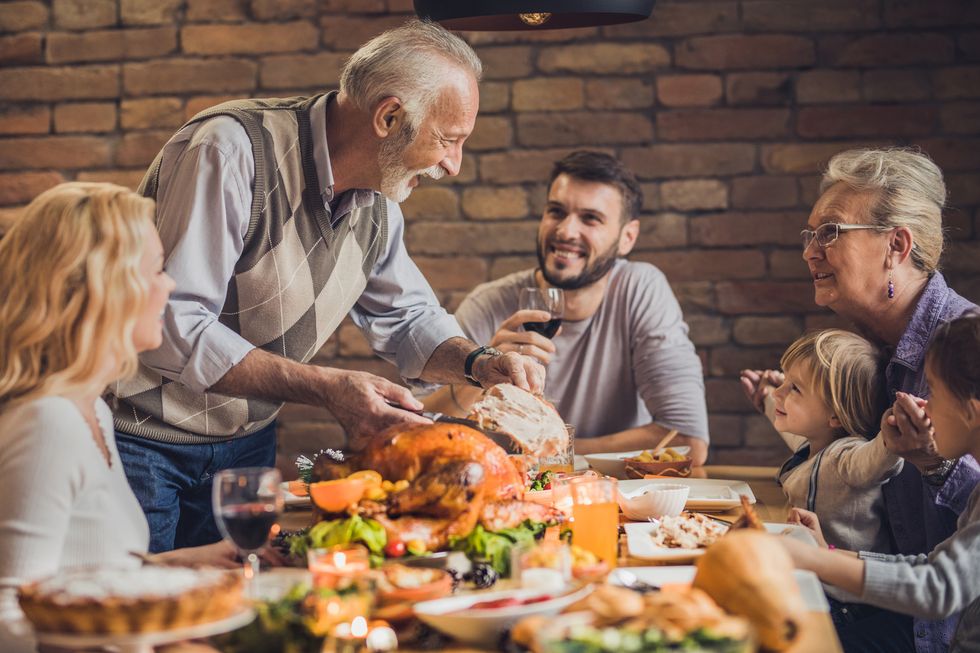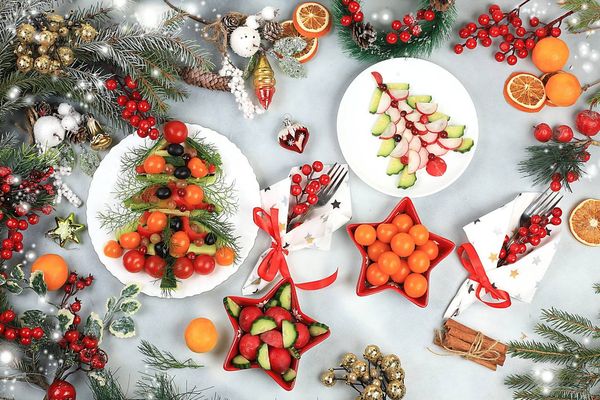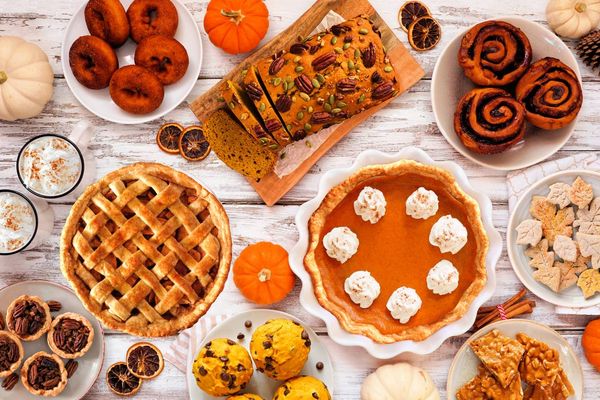I'm all for Thanksgiving and celebrations, but I'm a realist, too: The combination of food, festivities, family and friends is ripe with prospects of things-gone-haywire. I'm not talking about the occasional burned turkey or the oven or refrigerator that suddenly quits. Instead, I'm referring to more urgent matters like manners and civility (and things to do/not do if you'd like to be invited back next year).
Here's how to avoid a Thanksgiving disaster. Feel free to add your own to the list (maybe you know something I don't!):
- RSVP right away. There's nothing worse than leaving a host guessing about how many people to plan for. And if you're invited as a family, let your host know exactly how many of you will be attending.
- Offer to bring something. Ask your host what they could use and how you can help. If someone from your group is a vegetarian or gluten-free, make a dish that will accommodate their needs, rather than expect the host to specialize the menu just for them. Here are some great Thanksgiving vegetable side dishes.
- Be prompt—but don't be early. All hosts know that there's an art to the timing of a Thanksgiving meal (since there are so many things that have to be coordinated to work well together). If you arrive late, you may throw that timing off (and tick the host off, too). Fashionably late is not fashionable on this day. And although your promptness might be prized, arriving early—when the hosts are busily running around doing last-minute preparations—can be just as off-putting as arriving late.
- If you bring flowers, bring them already in a vase. While fresh flowers are always a nice gesture, handing your (very busy) hosts a bunch of flowers burdens them with having to unwrap them, cut them, find a vase and arrange the flowers. If you do bring a bouquet without a vase, offer to take care of all that yourself.
- Stash your cell phone. Can't you disconnect—for just one night? The "no cell phones at the table rule" should be implicit. The Facebook updates and sports scores can wait their turn, and you may realize that unplugging is even more relaxing than a post-dinner tryptophan-induced nap.
- Limit your cocktail consumption. Be especially careful with before-meal drinks—you'll likely feel the effects of alcohol sooner because your stomach will be empty. And watch what you drink at dinner, too: no one appreciates a sloppy, slurring drunk before, during or after dinner.
- Be patient. Don't begin the meal until everyone is seated and has their food in front of them; if you're unsure when to begin, wait for the host to take a first bite.
- Stay seated. Just because you gobble it all up quickly doesn't mean everyone will keep up with your breakneck pace. Relax and stay put until everyone has finished their meal.
- Offer to help clean up. Extra hands in the kitchen are always appreciated. Grab a sponge, offer to dry the dishes, put the leftovers away, arrange the dessert, sweep up the crumbs, take out the garbage. There's always something to be done.
- Know when it's time to leave. You don't want to eat and run, but neither do you want to overstay your welcome. Try to pay attention to the cues that the night is over (is your host glancing at the clock, turning off the music, yawning regularly?) and never leave without thanking your host for inviting you and for all their hard work.
- Follow up. Sure, you said thank you when you walked out the door, but it's always a nice gesture to repeat your thanks the next day with a text, email, hand-written card or phone call.
- Steer clear of awkward conversations and hot-button topics. And there are a boatload of them this year! Nothing will ruin a convivial mood faster than political or social controversy. ("What did you think of those mid-terms?" "When are you going to have kids?" These can kill a convivial mood faster than a turkey can run and are bound to turn into a yelling match where drumsticks might be used as weapons.) Remember why you're gathering: to give thanks and enjoy everyone's company.
Manner maven Lizzie Post suggests a couple of sentences like these: "It's been a really interesting year for everyone; let's not talk politics. We have a lot to catch up on and connect over." That's bound to keep the conversation as healthy as your vegetarian side dishes (see number 2, above). And what if others still insist on getting into the debate, despite your wishes? Be firm and polite, Post suggests: "We are finished talking about this at the table," should clear enough.
Thanksgiving is a time for gratitude, and it's those happy memories that unlock good feelings and good health. May all good things come your way not only on Thanksgiving, but throughout the coming year.







